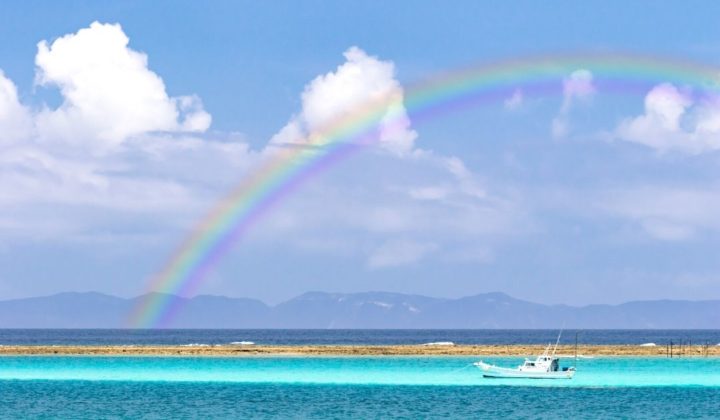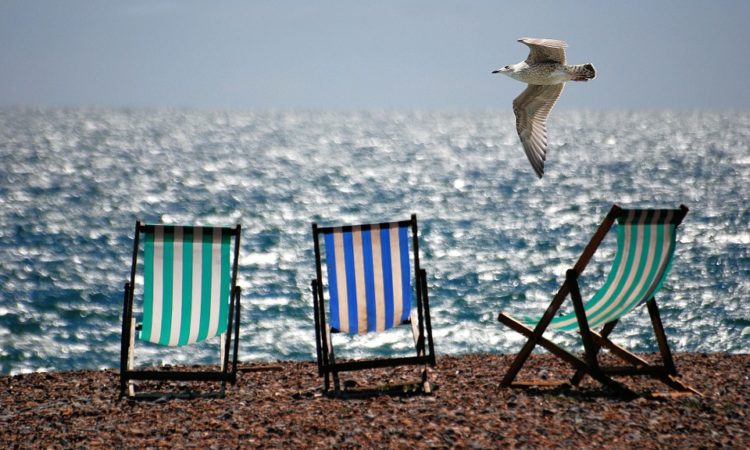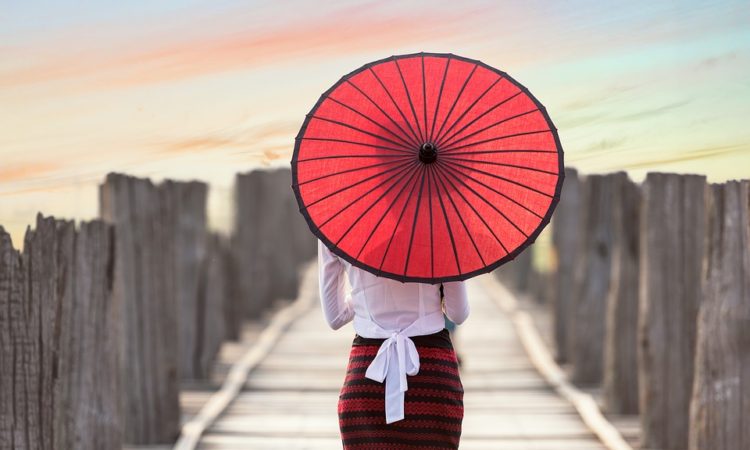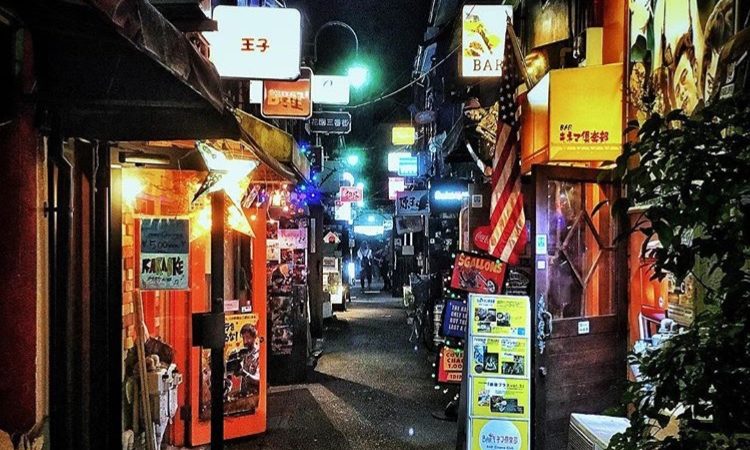It’s that time again where humid, rainy days outnumber the sunny. Tsuyu (梅雨), Japan’s rainy season is here! And it’s just starting to make through the country.
What Do You Know About Tsuyu, Japan’s Rainy Season?
Do you dread the rainy season every year, or actually quite enjoy it? If you are from an area with a dry climate, you might feel uncomfortable. But there are some brilliant ideas to enjoy this period of time. You also need to prepare for natural disasters at risk during tsuyu. If this is your first experience of the rainy season, this article is for you! Japanese people too are often annoyed by the inconveniences brought by the rainy season. Using these ideas as a reference, and why don’t you enjoy the rainy season in your own way? When the rainy season is over, these tips might be useful again at the end of summer when the weather becomes unsettled.

It’s Hydrangea Season
Hydrangea flowers are the symbol of the rainy season. Depending on where you are in Japan, the best time for hydrangea viewing falls from May to July. Did you know its color varies from plant to plant? This is due to the pH value of the soil in which it is planted. The color varieties are pink, blue, and purple. There are many hydrangea gardens nationwide generally available to visit, often situated in temples with an entrance fee. This year the coronavirus makes it very difficult to visit hydrangea gardens as they often attract a great number of people. Maybe there are some hydrangea flowers around your neighborhood you can enjoy on your daily walk.
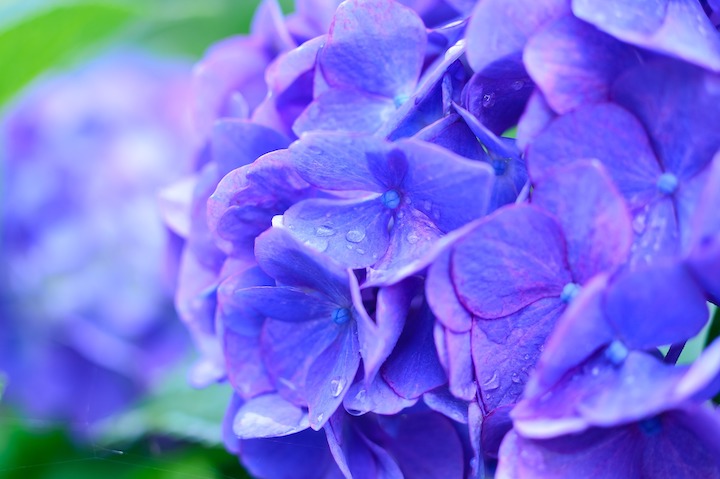
It Takes Less Effort to Stay at Home
The heavy torrents outside might make staying at home seem even more appealing. Settling down with a good book, while listening to the rain patter on the windows. Enjoying some cafe time at home with your favorite tea and sweets. If you like handicrafts making progress on your knitting, sewing. Or if you like cooking, it is the best chance to take your time to clean up your refrigerator. You may make preserved food, and prepare entrees which can be frozen for weeknights. If you are interested in decoration maybe you want to give your house a seasonal uplift like placing blue or yellow towels, vases, etc. around the room.
Why not make a teru teru bozu, literally translated as “shine shine monk”. Maybe you’ve seen the ghost-like apparitions near doors or windowsills of Japanese homes? A popular sight during the rainy season, these charms are said to help keep the rain away and bring a sunny day. This popular and easy craft for children is made with tissue paper and hung near the window sill. A notorious origin story of the teru teru bozu tells the tale of a monk who was beheaded after he failed to stop the rain with his chanting. It is said his head was wrapped in white cloth and hung up, the next day it was sunny. While it has a scary legend, nowadays it has become a part of summer culture, where children who want to play outside make teru teru bozu in a hope the rain will stop.
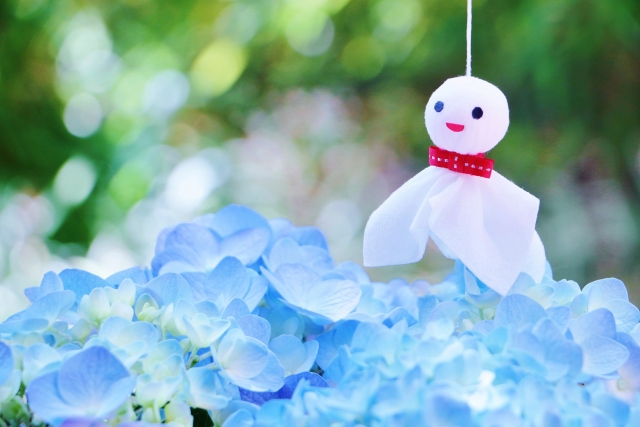
Pay Attention to the Weather Forecast
Don’t forget to check the weather forecast! Because of variable weather, the opportunity of drying your clothes might often be on your mind. Will it rain on the way to school or the office? Many people have switched to walking or bicycle travel rather than using public transport recently due to coronavirus. If you are using a smartphone, you can check using weather applications that show the hourly forecast. Not only the weather but it also informs you of UV and heatstroke warnings and lets you know how soggy your clothes will be if you leave them out to dry. If you’re known to forget your umbrella at home and end up buying one at the convenience store, maybe keep a small fold-up one or a poncho in your bag.
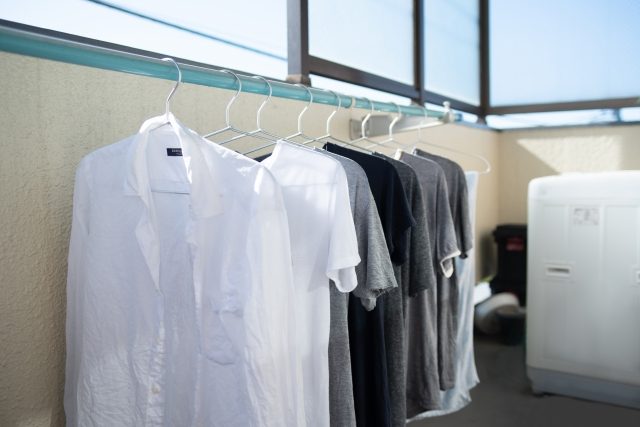
Do You Live in A Old House?
New houses or apartments can be clean and convenient, but rent tends to be relatively expensive. Because of low rent or other reasons, you might have chosen an old house. Maybe if you live in an old Japanese house you can experience the nostalgic and traditional Japanese culture but you might be annoyed with leaks when especially heavy rain or a typhoon hits the city you live in. Leaking usually happens from the ceiling, wall, rooftop (if your place is located on the top floor), veranda, etc. If your house springs a leak use a bucket (or bowl) as an emergency measure. Though you might be able to repair it by yourself, should your landlord and they will make arrangements for you.

Are You Afraid of Lightning Storms?
In Japan, thunder and lightning storms are a symbol for the beginning and end of summer and are especially frequent during the tsuyu. When you can hear a clap of thunder, you should think about protecting yourself from lightning. You could be safe if you are on the train, car, and a building constructed with reinforced concrete, however, you should move away from electrical appliances in a wooden building. If you are in the open air especially a park, the top of a hill, etc., you must take refuge in a safer place, definitely not under a tree. In an especially close, dangerous storm, you should turn off electric appliances, and disconnect plugs if at home or in the office.

Ready For Tsuyu?
Are you now ready for the rainy season? It’s important to remember that though the rainy season may be “bad” weather for you, it is often a welcome sight for farmers and their delicious vegetables we enjoy, and the lush green parks that come to life after the rain.
Yuko
JAPAN

